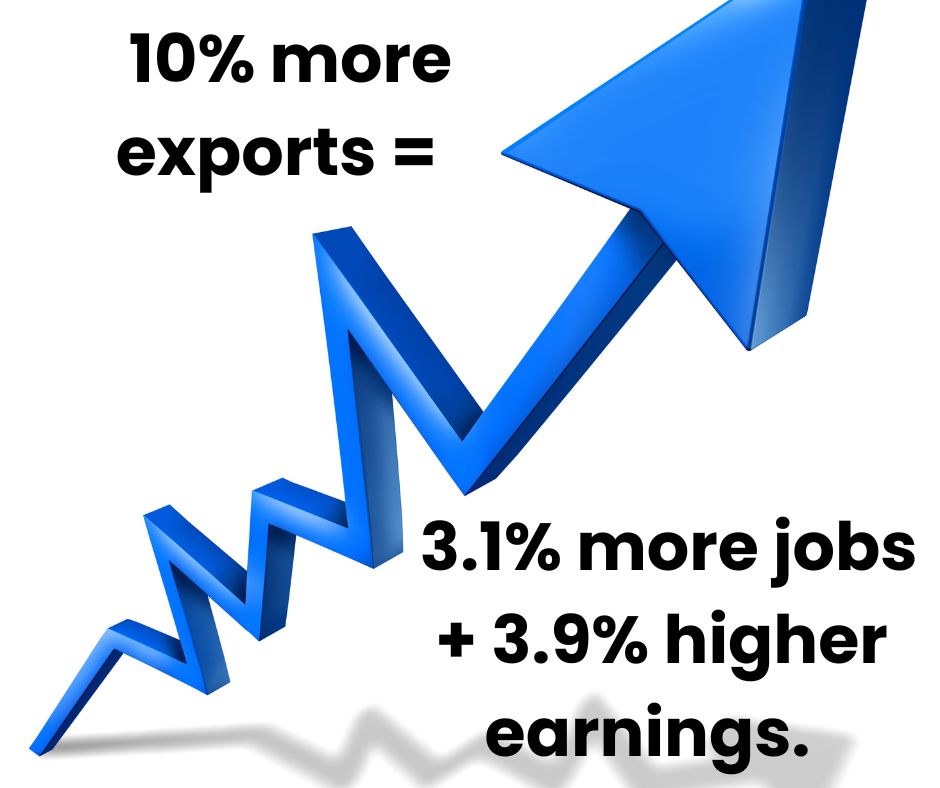How Trade Education Can Drive Job Development & Creation

The Global Economy Is More Complex Than Ever
Trade today is about far more than moving goods across borders. It requires navigating a maze of compliance requirements, digital platforms, environmental standards, supply chain risks, and shifting policies. This growing complexity presents both challenges and opportunities for the global labour market.
The Skills Gap in Trade Professions
Education systems around the world are struggling to keep pace with the skills employers demand—especially in trade-adjacent fields and global value chain roles. Workers often lack critical capabilities in digital literacy, regulatory compliance, logistics, and financial risk management.
At the same time, employers emphasize the rising importance of soft skills: adaptability, cross-cultural competence, and regulatory awareness. The World Economic Forum projects that many professions will undergo major transformation in the coming years, requiring extensive reskilling and upskilling.
The gap is particularly acute for minorities, indigenous peoples, women, and other underrepresented groups. Limited access to quality training, fewer role models, and persistent barriers to entry leave significant pools of talent underutilised.
Job Creation and Economic Multipliers
The link between trade and employment is clear. Between 1995 and 2019, a 10% increase in exports was associated with:
· 3.1% higher global employment
· 3.9% higher global labour earnings
In developing economies, greater participation in global value chains has been tied to more formal employment and higher female labour-force participation, particularly in manufacturing.
Equipping workers with trade-relevant skills not only improves individual employability but also fuels broader economic growth. Expanded trade generates jobs, raises incomes, and boosts productivity—especially for unskilled and semi-skilled workers in manufacturing, logistics, and trade services.
Unlocking Entrepreneurial Opportunities
Trade knowledge doesn’t just prepare individuals for employment—it also enables entrepreneurship. With a solid understanding of trade systems, individuals can:
· Launch cross-border businesses
· Leverage digital platforms to reach global markets
· Integrate into supply chains as service providers
For minority and underrepresented groups, these opportunities can translate into greater economic independence, job creation, and community-level growth.
Conclusion: Trade Education as a Catalyst for Inclusive Growth
The future of work requires more than traditional training. It demands that we close skills gaps, expand access for underrepresented groups, and prioritize practical, trade-focused learning.
Done right, trade education has the power to transform careers, strengthen economies, and unlock inclusive prosperity. In a world where trade drives growth, investing in people’s trade skills is not just about education—it’s about building opportunity, productivity, and resilience for the future.